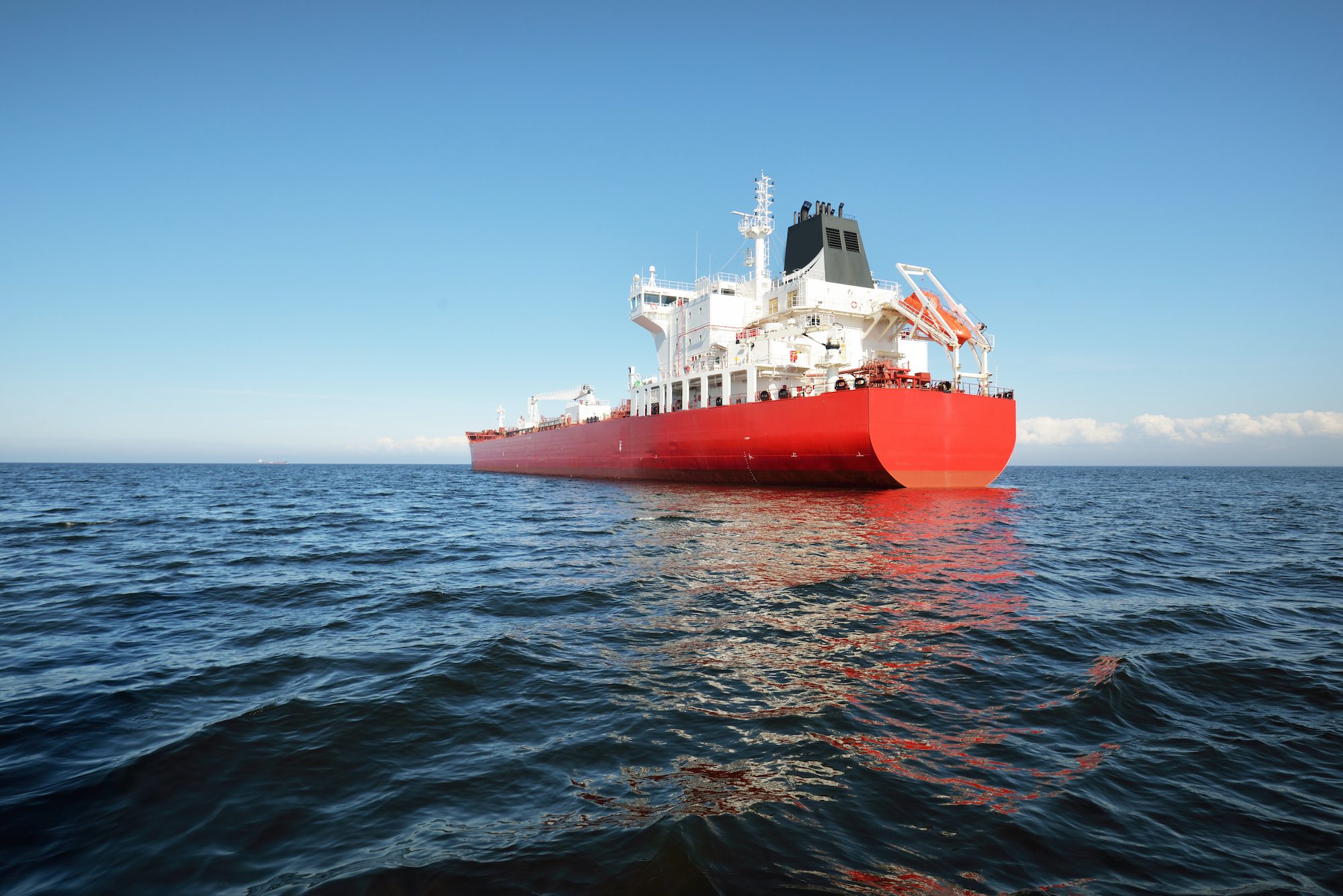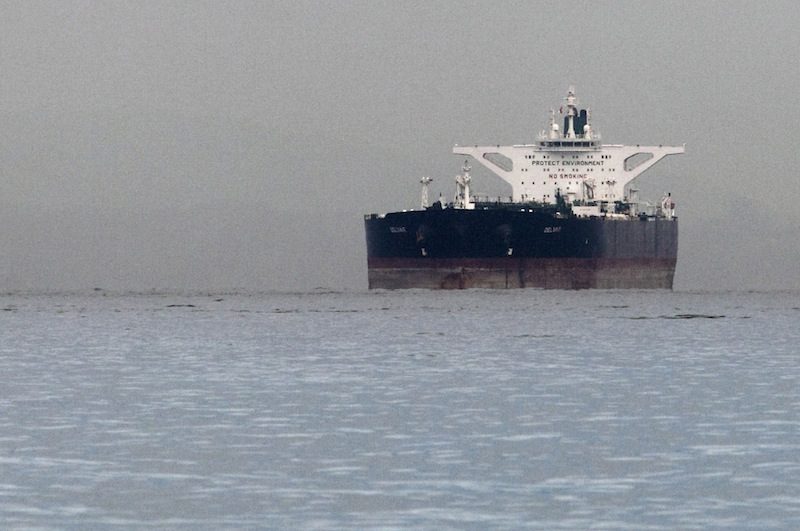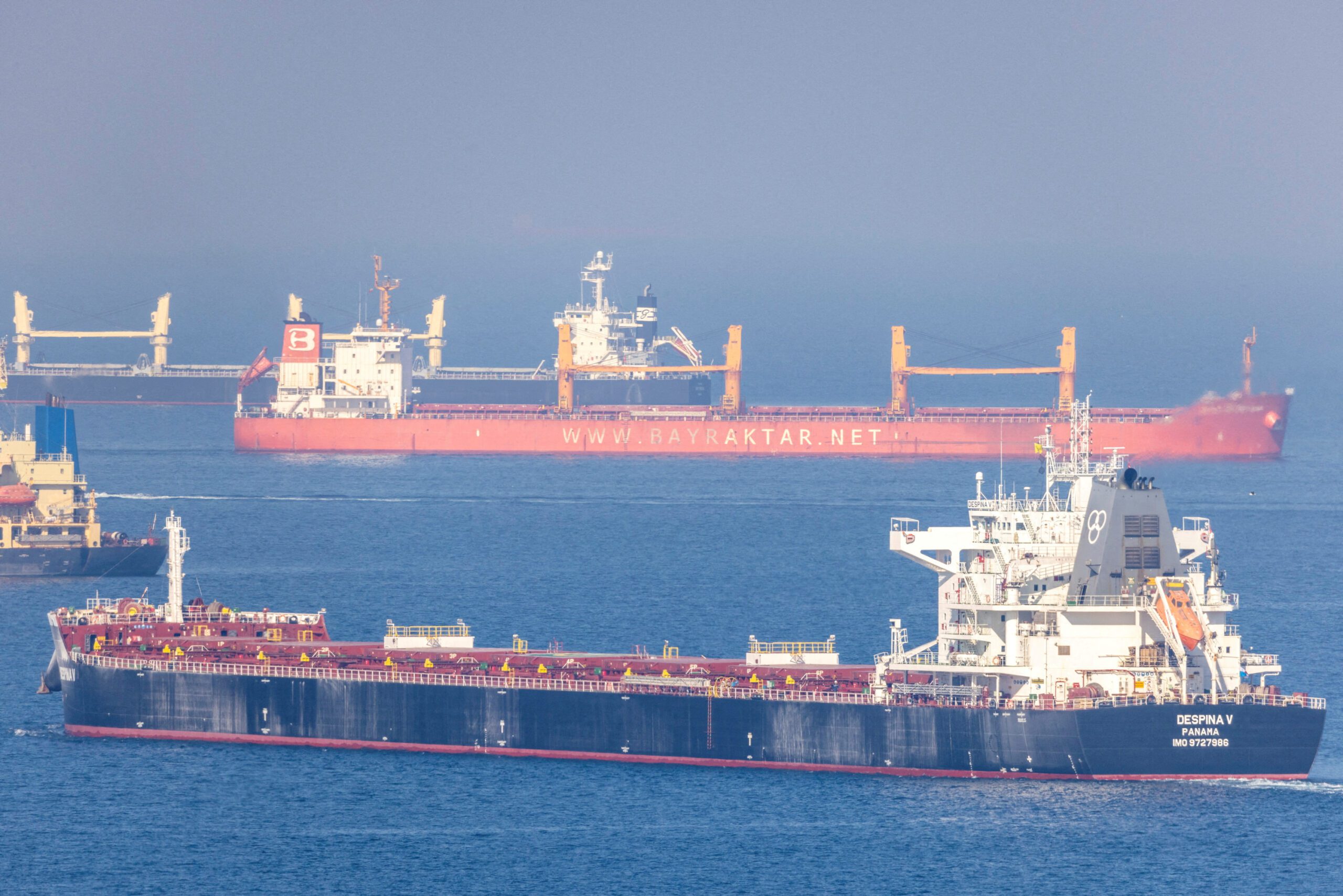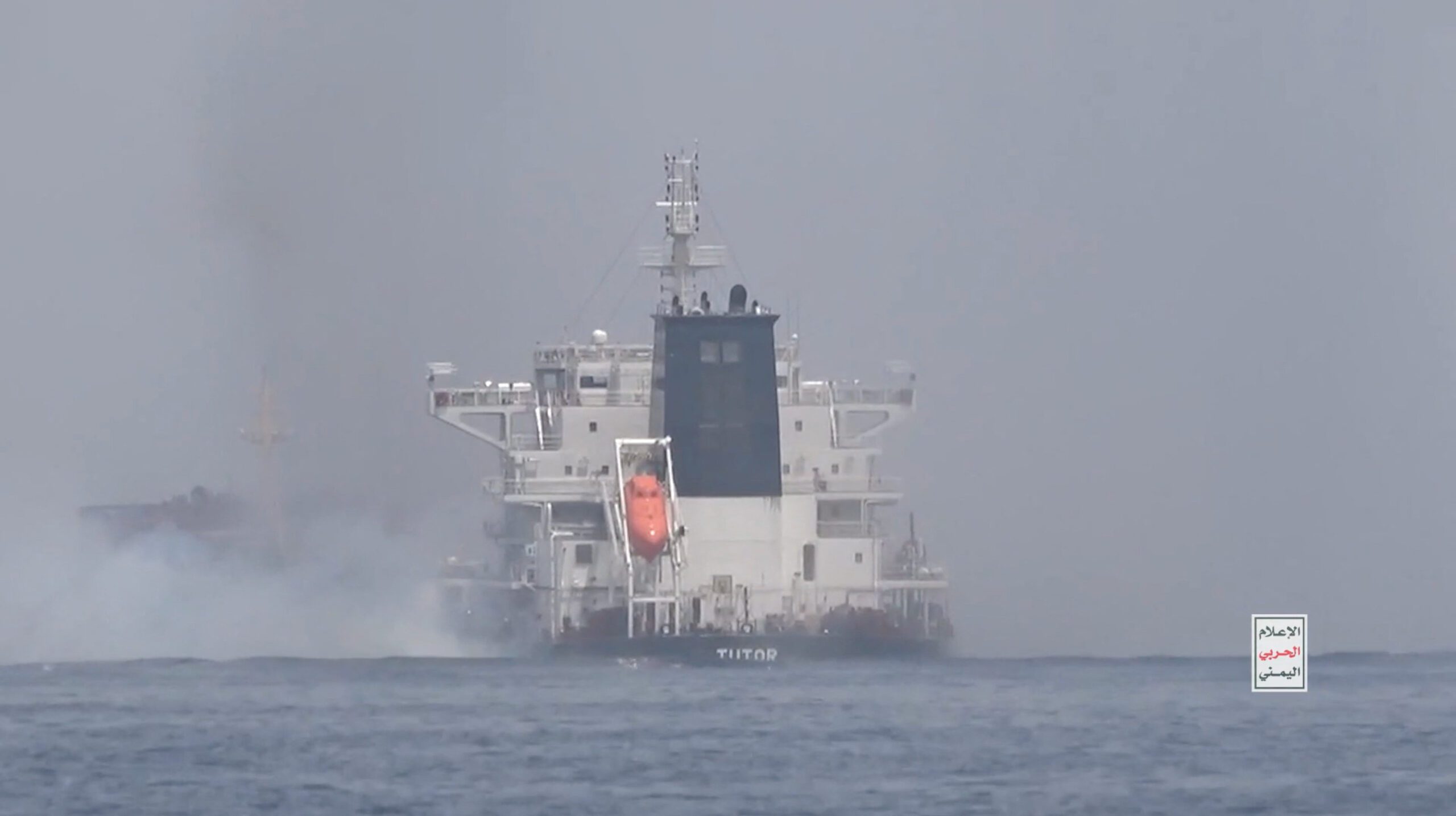(Bloomberg) —
Russian oil is trading far in excess of a Group of Seven price cap that’s supposed to deprive Moscow of revenue for its war in Ukraine, suggesting significant non-compliance with the measure.
The country’s flagship Urals grade is fetching about $75 a barrel at the point it leaves ports in the Baltic Sea and Black Sea, according to data from Argus Media, whose price assessments are followed by some G-7 nations involved in the cap. US officials are tracking the price increase, which they attribute to broader geopolitical dynamics, according to a senior Treasury official.
The cap requires that any western company involved in transporting Russian oil receives a so-called attestation, a document vouching that the cargo cost $60-a barrel or less. If it doesn’t, they’re not allowed to provide their services. The fact that Argus’s prices are so far above that level creates a dissonance.
While Urals has been above $60 almost all year, this month’s surge to well above $70 will stretch the credibility of those attestations for traders wanting to keep using western services.
In March, 23% of the nation’s crude oil shipments had insurance against spills and collisions provided by members of the International Group of P&I Clubs, data compiled by Bloomberg show. That means traders would have vouched that the cargoes cost well below where Argus assessed the Urals price to be. A smaller proportion moved on Greek tankers, all of which had cover from IG clubs, also requiring attestation.
The US official said that cap is still having its intended effect, reducing the amount of money the Kremlin receives from oil sales by forcing the commodity to either be sold under the cap via western services, or through Russia’s shadow fleet. The US plans to continue the enforcement of the cap by sanctioning vessels operating in the shadow fleet, but will not do so in response to any specific market moves, the official said, requesting anonymity to discuss internal deliberations.
A European Commission spokesperson said the bloc is aware of the risk of the price cap being dodged, and is committed to steps that deprive Russia of revenue while simultaneously “supporting global energy market stability.” It’s also constantly reviewing existing measures to enforce the cap and prevent its violation or circumvention, the spokesperson said, adding that such measures require unanimity among member states.
The bloc’s most recent sanctions package was aimed at tighten the cap’s enforcement, the spokesperson said.
Delivered Prices
By the time Urals cargoes get to India, the grade is trading at $88 a barrel — just $3.80 below than the global benchmark for physical cargoes, Dated Brent, Argus data show. When the nation’s ESPO crude leaves the port of Kozmino in eastern Russia, it is at $84 a barrel. It hasn’t been close to the price cap for about a year.
Even so, there is still a large freight cost that is directly attributable to sanctions, according to Argus, suggesting at least some impact on Moscow. In addition to that, delivering to Asia is significantly more expensive than it would be to Europe — Russia’s main market before the war began. That all feeds into depressing export prices.
When it comes to moving Urals cargoes from the Baltic to India or China, the price reporting agency estimates that sanctions add $7.12 a barrel and $8.79 a barrel respectively to the cost of delivery. Both figures, while high, are below where they were a month ago.
Since October, the US Treasury has shown it’s prepared to punish companies for breaches of the price cap that happened in the past.
However, given its desire to avoid any actions that disrupt the flow of crude — and risk higher prices — the rally in headline Brent futures to around $90 a barrel may temper any push to do so at this time.
© 2024 Bloomberg L.P.
Unlock Exclusive Insights Today!
Join the gCaptain Club for curated content, insider opinions, and vibrant community discussions.

 Join The Club
Join The Club













